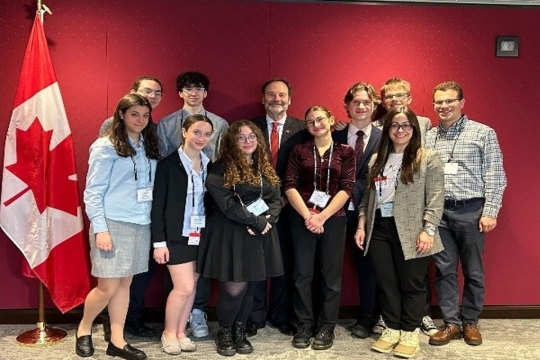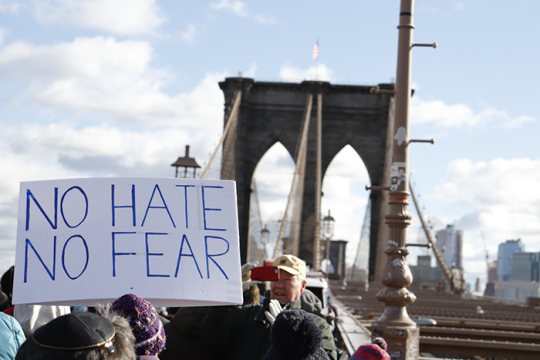Celebrate Endangered Species Day

Today, on Endangered Species Day, I am celebrating my favorite animal, the African elephant. Although I grew up seeing elephants in zoos, it was not until I was studying wildlife management in Kenya and Tanzania, and observed them in their natural habitat, that I truly understood what majestic creatures they are. One thing that makes elephants unique are their incredible memories and familial relationships. I pray that future generations are able to experience the same unforgettable feeling that I had while sitting in Lake Manyara Park observing elephant herds for the first time.
Unfortunately, with widespread poaching and habitat destruction throughout the 19th and 20th centuries, and continuing into this century, have caused elephant populations to decline drastically. In 1978, the African elephant was listed as a “threatened species” under the U.S. Endangered Species Act (ESA). The United States passed the Endangered Species Act (ESA) in 1973, a comprehensive law to preserve the ecosystem and protect and recover species. Species are listed as either “endangered,” meaning they are in danger of extinction, or as “threatened,” meaning they are likely to become endangered. In the U.S., more than 1,3000 species of plants and animals are currently recorded at threatened or endangered. African elephant populations are continuing to decline, but with continued effort, there is still hope to preserve this species.
The rich biodiversity across our planet provides so much value, yet each day, the earth is losing more and more species and in the past 35 years, our biodiversity has declined by more than a quarter. Although species extinction is natural, the current rate is much higher than normal due to human activity, such as overexploitation of wildlife and natural resources and the impacts of climate change. Biodiversity loss isn’t just about animals, because we too rely on many goods and services from the ecosystem.
Although species such as elephants are widely known and beloved, we must also remember the importance of each and every species that makes up our ecosystem. Jewish tradition teaches, “even things you see as superfluous in this world – like flies, fleas and mosquitoes – are part of the greater scheme of the creation of the world” (Midrash Exodus Rabbah 10:1). As we are reminded in Genesis 2:15, we are partners in creation, and therefore have the responsibility to ensure the wellbeing of all creatures. The United States has been 99% successful in preventing extinction of species listed as endangered or threated, and therefore we must continue to work to ensure all vulnerable species are included.
There are many daily actions you can take to protect biodiversity. And, you can start with this Endangered Species Day to decrease your impact on climate change, ensure you don’t buy products from vulnerable species, protect our forests and most importantly go outside and appreciate the plants and animals in your community.
Related Posts

Inside the Inaugural L'Taken Canada

Five Definitions of Antisemitism


